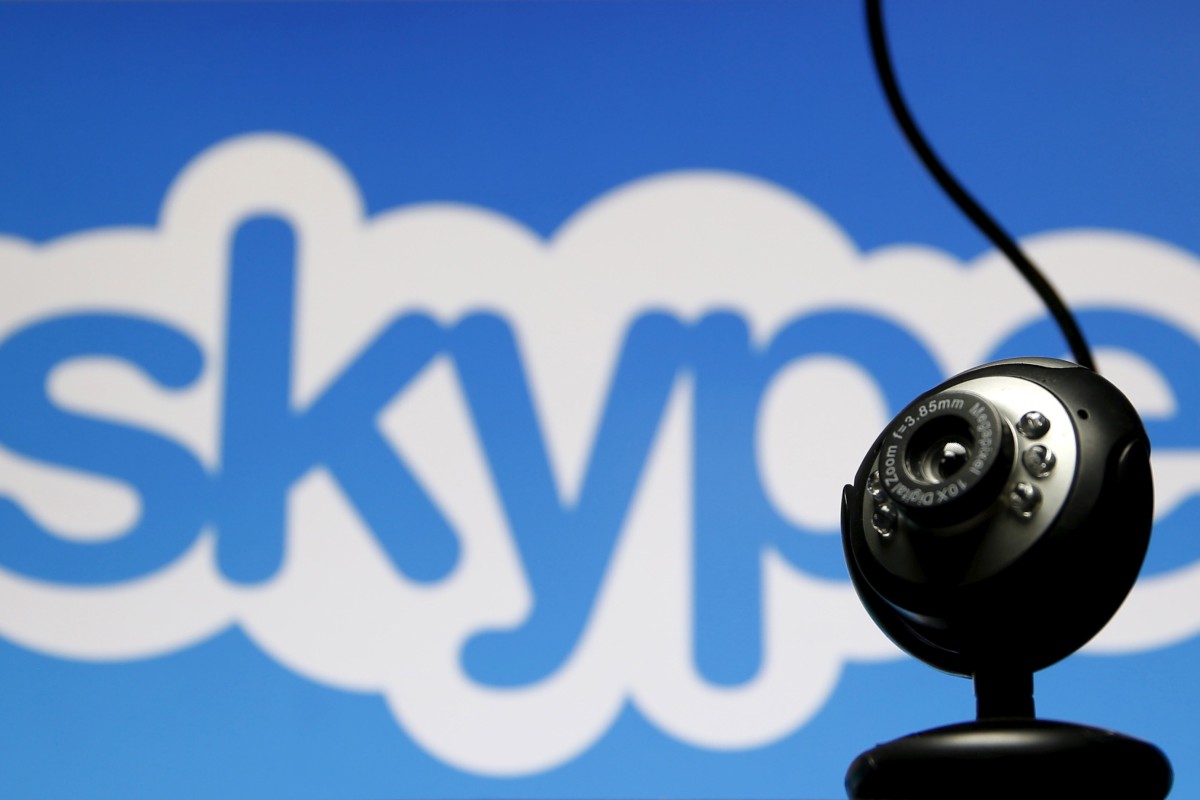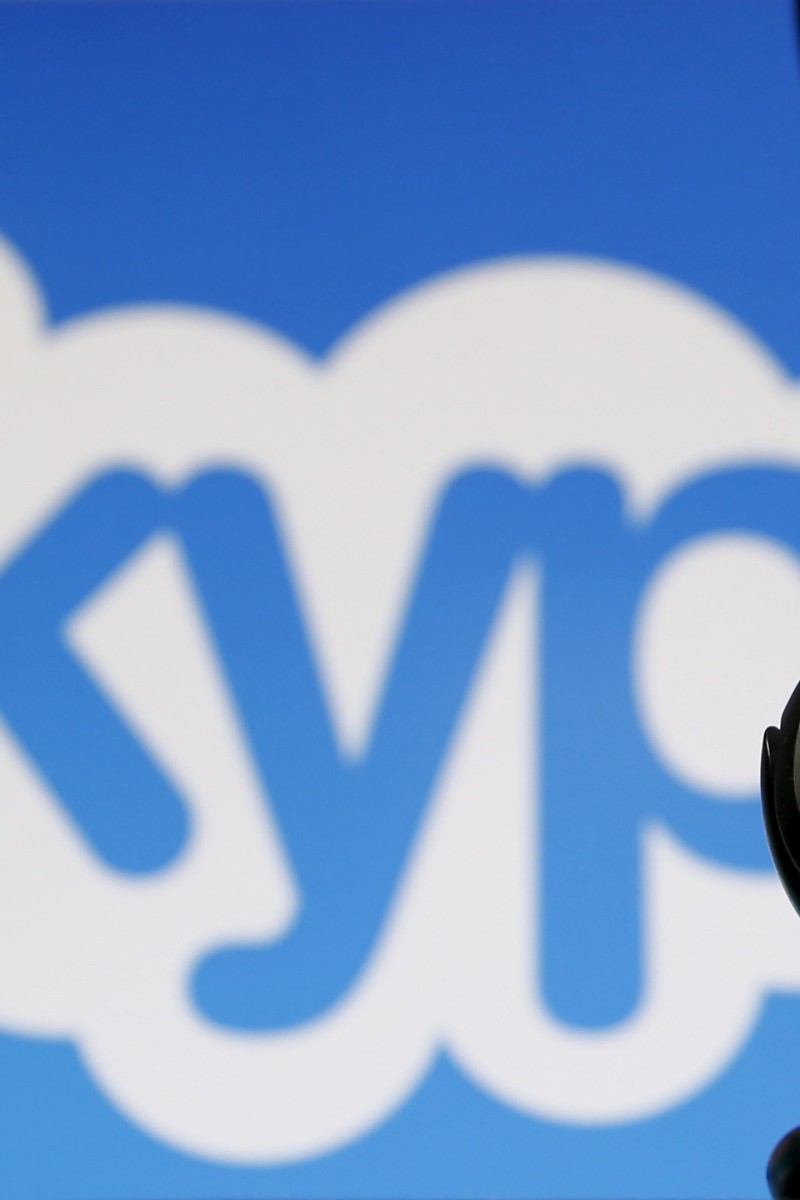 Skype is now not available in mainland app stores
Skype is now not available in mainland app storesApple confirmed on Wednesday that Skype is no longer available for download from the Chinese Apple Store or popular Android sites. Mainland Chinese web-users say it has been gone for weeks.
“We have been notified by the Ministry of Public Security that a number of VoIP (voice over internet protocol) apps do not comply with local law, therefore these apps have been removed from the App Store in China,” Apple said in an emailed statement. “These apps remain available in all other markets where they do business.”
The company did not specify which laws such apps were found to have violated.
"Anyone could see it would happen eventually. It's just a matter of time," says Hemant Bharwaney, 14, of Renaissance College. He adds that this doesn't stop it from being frustrating, as he has friends who travel between China and Hong Kong frequently.
"They'd already black listed lots of social media sites like Facebook, so now it's going to be even harder to communicate as Skype was our go to."
China has tightened its already stringent online policing this year, including enacting new rules that require tech companies to store user data inside the country, as well as imposing fresh restrictions on what is considered permissible content.
Prior to the Communist Party congress in October that saw President Xi Jinping consolidate his hold on the country, it seemed that security measures increased and the WhatsApp messenging app experienced severe disruption.
The moves have prompted speculation among Chinese netizens that authorities were moving against services with effective encryption, like WhatsApp and Skype, that make it harder for the government monitor them.
The change does not seem to have affected use of previously downloaded versions of Skype, which appeared to work normally.
Skype Business, a separate app tailored for corporate use, was still available for download in China.
Skype’s removal follows Apple’s August decision to strike out so-called VPN apps, or virtual private networks, which allow users to skirt the so-called “Great Firewall of China” system of online censorship.
Justin Sin Cheuk-nam, 15, also of Renaissance College says it'd be more worrying if VPN, not specific programmes, is what's being restricted.
"I just used Skype to talk with a friend in China on Monday, and we had no problems since he uses a VPN. So unless (the authorities) successfully ban VPNs, I'm not worried," Justin explains, and he agrees with Hemant that it's no great surprise. "It's more confusing than surprising. Other major social media sites were banned earlier, why not this as well?"
Both cases underscored the dilemma faced by US tech companies seeking to uphold principles of web freedom while holding on to their Chinese market shares.
“We would rather not remove the apps, but like in other countries, we obey the laws where we do business,” Apple chief Tim Cook said after the VPN move.
China has for years blocked leading foreign websites or services including Facebook, Twitter, Instagram and a number of news organisations, largely to prevent content that could challenge party rule.

